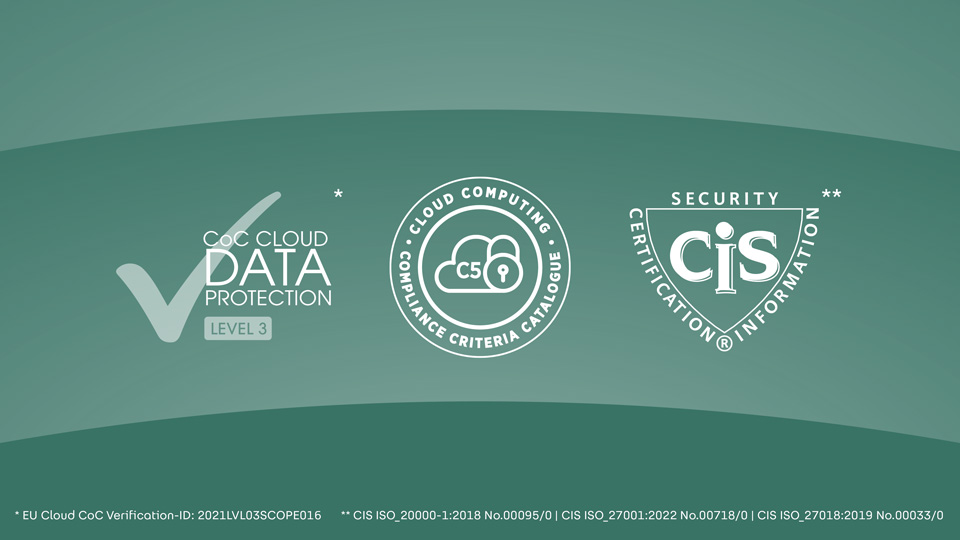Alongside the actual production, project-based mechanical engineering also involves complying with exhaustive documentation requirements that include handbooks, technical drawings and 3D models, specifications, safety documentation, guarantees, certifications, approvals, and maintenance manuals. Documentation of this kind can easily span several hundred individual files, most of which need to be provided by the suppliers of outsourced components. The relevant documents have to be collected from the suppliers before the deadlines, reviewed and approved by various departments, and then integrated into the overall documentation. However, when it comes to practical implementation in companies, organizational questions and problems often arise.
In this blog post, I’ll take a closer look at the typical challenges confronting businesses looking to manage their supplier documentation.
Challenge #1: A lack of transparency and traceability
Many companies are still using e-mail or various download platforms to coordinate the necessary documents. To keep some semblance of an overview, they routinely rely on spreadsheet programs. Disparate communication channels make it difficult for project managers to keep track of everything – to identify which suppliers have already submitted the required documentation deliverables and where they still need to take action. Large-scale projects in particular are often lacking a complete, traceable, and clearly structured reporting system that covers current status, approvals, and deadlines. This lack of uniform levels of information causes process delays across the board, ultimately impeding the progress of the project.
Challenge #2: A heavy manual workload
Many companies don’t have standardized, cross-company processes in place. Documents are sent by e-mail, which makes searching for information extremely time-consuming. This is compounded by an unwieldy, decentralized document storage system that doesn’t provide access to everyone involved in the process and makes it difficult to track and review specific documents. In turn, this sets off a series of avoidable coordination loops and revision cycles triggered by a lack of information – both internally and from suppliers.
Challenge #3: The risk of contractual penalties
Another far-reaching problem is the absence of cross-company reminder systems. Time and again, critical deadlines such as submission dates are overlooked or production approvals aren’t issued in time. This not only leads to needless delivery delays and disgruntled customers, it also results in unwelcome additional costs – including substantial contractual penalties – if contractual obligations are violated.
The solution: Cloud-based supplier documentation
By using an end-to-end, process-driven supplier documentation system based on a cloud computing solution, businesses can set up a seamless, comprehensive technical documentation system that results in transparent, efficient, and secure project workflows.
With these solutions, relevant information is stored in a central location, ensuring that everyone involved always has a clear overview of the project status, the scope of the documentation, as well as any revisions, approvals, and important deadlines. It also provides transparent archiving structures, status display, and integrated deadline management. Automated and clearly structured processes that are tailored to the company will minimize the manual workload for all project participants and make smooth project execution possible. With connections to systems that are already in place, such as an existing SAP system, the system can link sales orders, supplier orders, and the related documentation.
Cross-company reminder systems also ensure that important deadlines like production approvals are observed. This helps to prevent needless delivery delays and contractual penalties.
The bottom line
Meeting the challenges of large-scale projects requires intelligent supplier documentation systems like Approve on Fabasoft PROCECO, which not only provides central management for all the documents, it also maps every associated process in a traceable way across companies. This guarantees that all parties involved in a project have the same level of information at all times, that deadlines are adhered to, and that projects run smoothly and efficiently from start to finish.




